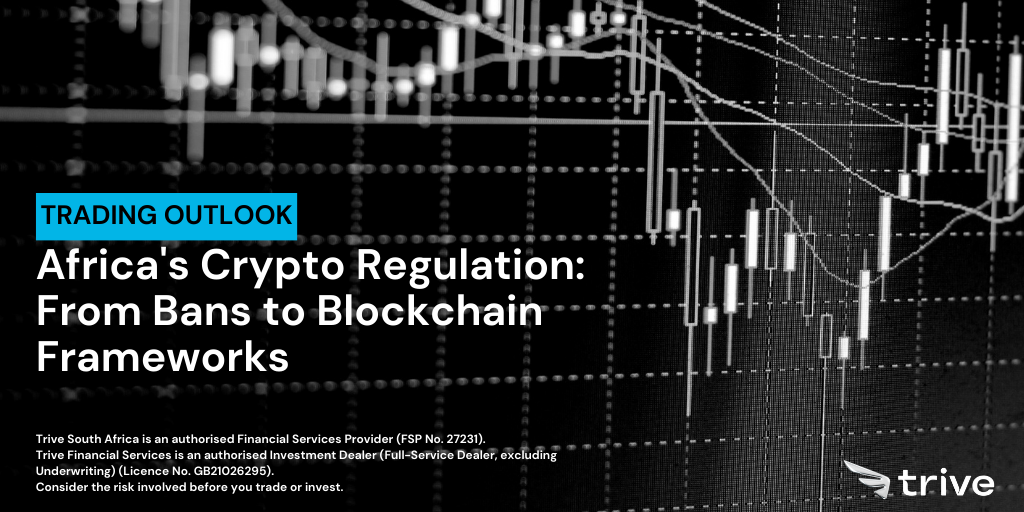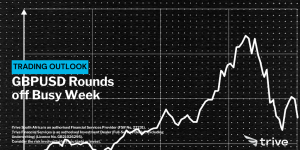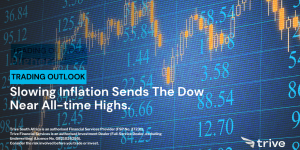
Africa’s economic landscape is pulsating with the heartbeat of innovation. In this dynamic environment, cryptocurrencies are rising like the continent’s young population, captivating the imagination and sparking conversation. From Nigeria’s surging adoption to South Africa’s regulatory strides, the continent is carving its own path in the cryptoverse.
Unlocking the Potential: Africa’s Crypto Boom
Africa, often underestimated in the crypto landscape, has emerged as a hotbed of crypto activity. Despite economic challenges, countries like Nigeria, Kenya, and South Africa have experienced a surge in crypto adoption driven by a combination of factors. High inflation rates, volatile local currencies, and a growing need for more accessible financial services have paved the way for cryptocurrencies to thrive.
In Nigeria, where crypto adoption has been particularly pronounced, citizens are embracing digital assets for everyday transactions, P2P trading, and as a hedge against inflation. The removal of the Central Bank’s ban on crypto-related bank accounts signals a significant shift towards a more open, regulated approach, fostering a climate that welcomes legitimate crypto service providers.
Regulatory Reckoning: From Bans To Frameworks
Regulation is a crucial aspect of any financial system, and Africa is witnessing a transformative shift in its approach to crypto. The regulatory landscape, once characterized by bans and uncertainties, is gradually giving way to a more nuanced understanding of the potential benefits crypto can offer.
While some countries, like Morocco and Algeria, imposed outright bans, fearing financial instability and money laundering. Others, like South Africa, took a cautious approach, first banning and then introducing licensing regimes for crypto service providers.
But the tide is turning. More countries are recognizing the potential of crypto and embracing regulation. Nigeria’s decision to lift the ban on banks operating crypto accounts and the Blockchain Association of Kenya’s parliamentary approval to draft a crypto bill underscore a growing acknowledgement of the need for regulatory frameworks.
This shift reflects a global trend: regulation over prohibition. It’s about striking a balance – protecting consumers and preventing illicit activities while allowing innovation to flourish.
The Nigerian Revolution: A Case Study
Nigeria, being one of the largest users of cryptocurrencies globally, presents an intriguing case study. President Bola Tinubu’s commitment to reviewing regulations during the 2023 election campaign reflects a broader sentiment within the government – a realization that the crypto sector could drive economic growth and address pressing challenges.
The appeal of cryptocurrencies in Nigeria extends beyond their use as a hedge against inflation. High remittance costs, depreciating Naira, and foreign exchange shortages have created a perfect storm, making crypto transactions an attractive alternative for Nigerians. This aligns with a broader global trend, as highlighted by a 2023 World Bank study revealing exorbitant fees for traditional remittances compared to the cost-effective nature of crypto transfers.
Future Focus: Trends & Opportunities
So, what does the future hold for Africa’s crypto scene? Here are some key trends to watch:
- Mobile-first adoption: The market is expecting continued growth in mobile-based crypto solutions, leveraging existing infrastructure and reaching wider populations.
- Stablecoin surge: Stablecoins, pegged to fiat currencies, offer price stability, making them attractive for everyday transactions and remittances.
- CBDC emergence: Some African nations are exploring CBDCs, aiming to create secure, government-backed digital currencies.
- DeFi’s potential: Decentralized finance (DeFi) could revolutionize access to financial services, particularly for the unbanked population.
Into the Future: A Balanced Approach
As we navigate the future of crypto trading in Africa, several trends are poised to shape the landscape. With the central focus on education, awareness, and balanced regulation, the sector is set to mature, opening doors for innovative blockchain solutions.
Education is paramount to ensuring safe domestic usage and fostering confidence among external actors. Recent scams, such as the MTFE incident, underscore the need for comprehensive education on crypto usage, particularly regarding investments. Stronger regulation will not only create a safer operating environment but also attract external investors, previously deterred by perceived risks.
Africa’s potential in the crypto space is further highlighted by strategic moves from companies like Yellow Card and Zone. Yellow Card’s collaboration with Coinbase to establish a presence in multiple African countries, including Nigeria, exemplifies the growing interest and potential for expansion. Zone’s plans to launch a remittance product in 2025, leveraging blockchain technology, could offer financial services to the one in three Nigerians currently excluded from the traditional financial system.
Conclusion: A Crypto Odyssey in Africa
In conclusion, the crypto landscape in Africa is undergoing a metamorphosis. From regulatory shifts to strategic business moves, the momentum is building towards a more inclusive, regulated, and education-driven future. As African nations embrace the potential economic benefits of crypto and blockchain technology, the journey towards balanced regulation and increased awareness promise to unlock new possibilities for individuals, businesses, and the continent as a whole.
Africa is not just a spectator in the crypto revolution – it is a dynamic participant, ready to shape its financial destiny in the digital era.
Sources: World Bank, Be(in)crypto, Techbuild Africa, Investopedia, IMF, CoinGeek, CNBC, Nasdaq.
Piece written by Mfanafuthi Mhlongo, Trive Financial Market Analyst
Disclaimer: Trive South Africa (Pty) Ltd (hereinafter referred to as “Trive SA”), with registration number 2005/011130/07, is an authorised Financial Services Provider in terms of the Financial Advisory and Intermediary Services Act, 37 of 2002. Trive SA is authorised and regulated by the South African Financial Sector Conduct Authority (FSCA) and holds FSP number 27231. Trive Financial Services Ltd (hereinafter referred to as “Trive MU”) holds an Investment Dealer (Full-Service Dealer, excluding Underwriting) Licence with licence number GB21026295 pursuant to section 29 of the Securities Act 2005, Rule 4 of the Securities Rules 2007, and the Financial Services Rules 2008. Trive MU is authorized and regulated by the Mauritius Financial Services Commission (FSC) and holds Global Business Licence number GB21026295 under Section 72(6) of the Financial Services Act. Trive SA and Trive MU are collectively known and referred to as “Trive Africa”.
Market and economic conditions are subject to sudden change which may have a material impact on the outcome of financial instruments and may not be suitable for all investors. Trive Africa and its employees assume no liability for any loss or damage (direct, indirect, consequential, or inconsequential) that may be suffered. Please consider the risks involved before you trade or invest. All trades on the Trive Africa platform are subject to the legal terms and conditions to which you agree to be bound. Brand Logos are owned by the respective companies and not by Trive Africa. The use of a company’s brand logo does not represent an endorsement of Trive Africa by the company, nor an endorsement of the company by Trive Africa, nor does it necessarily imply any contractual relationship. Images are for illustrative purposes only and past performance is not necessarily an indication of future performance. No services are offered to stateless persons, persons under the age of 18 years, persons and/or residents of sanctioned countries or any other jurisdiction where the distribution of leveraged instruments is prohibited, and citizens of any state or country where it may be against the law of that country to trade with a South African and/or Mauritius based company and/or where the services are not made available by Trive Africa to hold an account with us. In any case, above all, it is your responsibility to avoid contravening any legislation in the country from where you are at the time.
CFDs and other margin products are complex instruments and come with a high risk of losing money rapidly due to leverage. You should consider whether you understand how these products work and whether you can afford to take the high risk of losing your money. Professional clients can lose more than they deposit. See our full Risk Disclosure and Terms of Business for further details. Some or all of the services and products are not offered to citizens or residents of certain jurisdictions where international sanctions or local regulatory requirements restrict or prohibit them.




